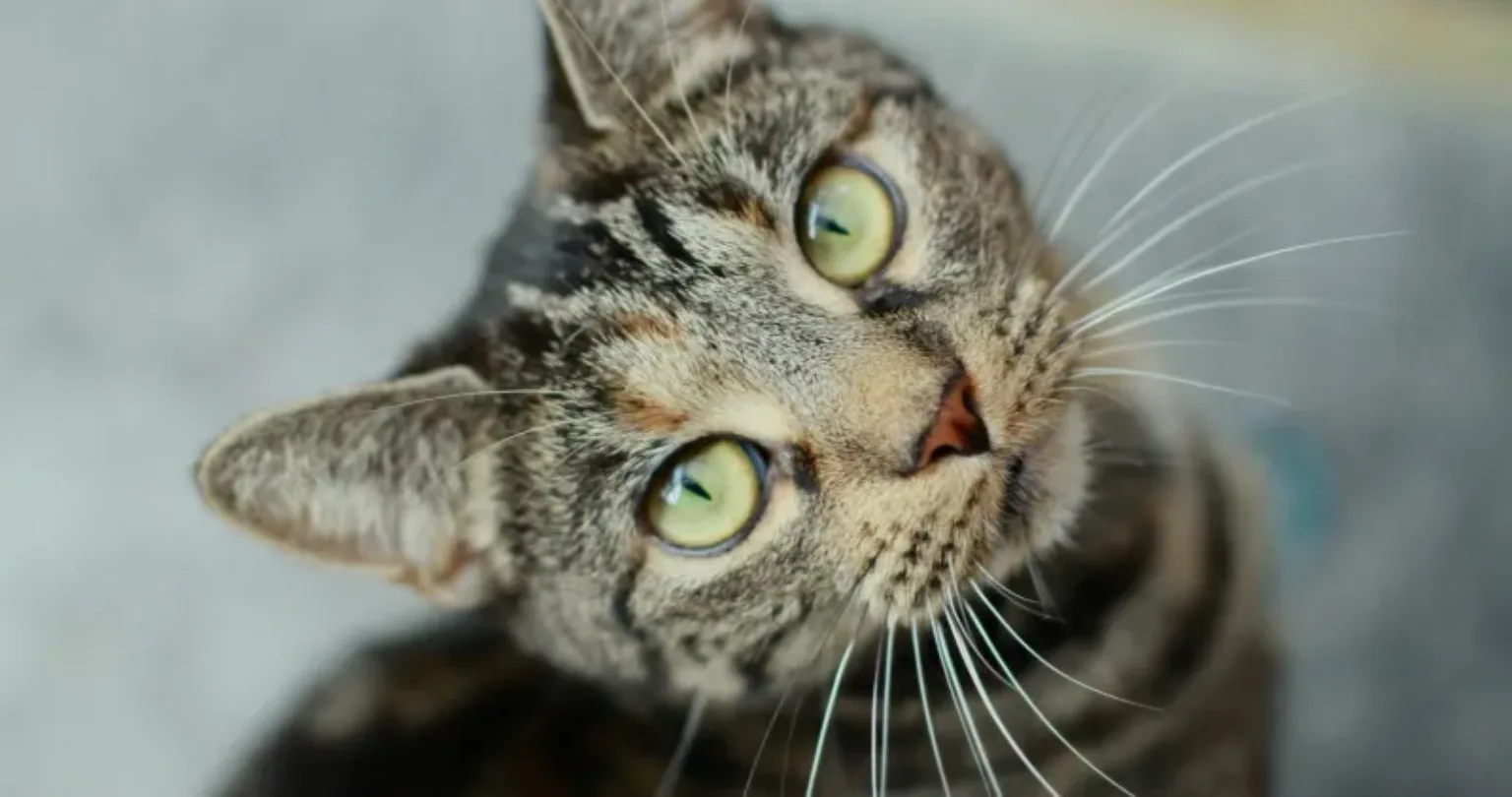Ever feel like your dog is trying to tell you something?
Consider us your pet-to-human dictionary. Ask us anything!

When filling up your car or de-icing your windows, be sure to mop up any spillages, and store it in a sealed, labelled container, out of your pets’ reach.
Anti-freeze contains the chemical Ethylene Glycol which cats in particular find very palatable, as it tastes sweet. It is, in fact, extremely poisonous to them and can be lethal if ingested. Even a small amount can prove fatal, and it’s thought that walking through a spillage and then cleaning their paws could be enough to cause serious illness, or even death.
When filling up your car or de-icing your windows, be sure to mop up any spillages, and store it in a sealed, labelled container, out of your pets’ reach.
While it may be relatively easy to keep your car de-icer away from prying paws, there is another worrying trend putting pets’ lives at risk, as anti-freeze is now commonly used to stop garden water features from freezing in the colder months. Cats, dogs, other small animals and birds, may be inclined to drink from these features. If you have a water feature in your garden, please do not use anti-freeze to keep it defrosted. To stop the water from freezing, try floating a ping pong ball in it instead.
If you suspect your pet could be a victim of anti-freeze poisoning it’s vital to seek veterinary help immediately.
Signs to look out for include: